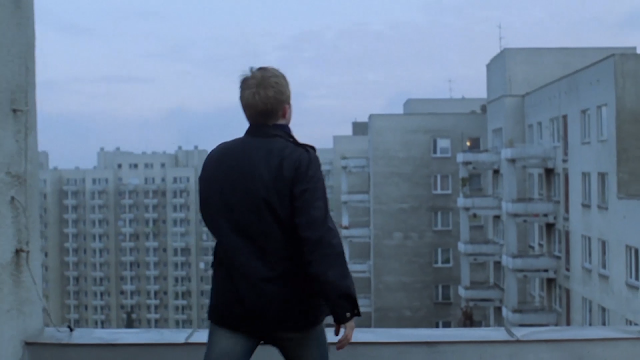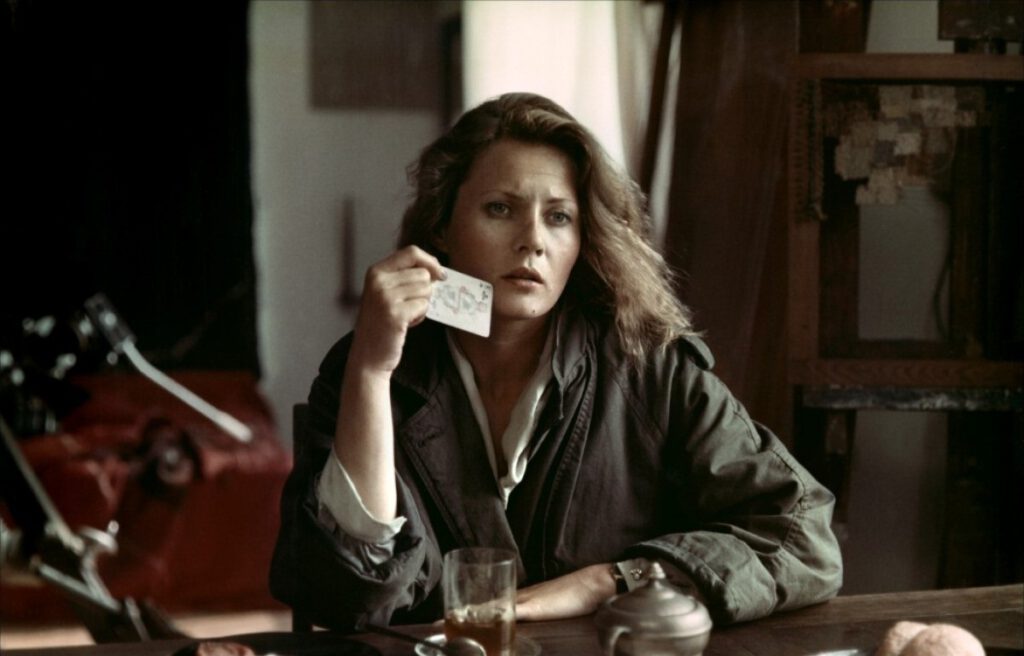On the work of Krzysztof Kieslowski
Krzysztof Kieslowski was a Polish director and screenwriter most popular for his films of the 1990s. Given he usually collaborated with the trial lawyer Krzysztof Piesiewicz, it might be warranted to address ‘him’ as The Krzysztofs, but I’ll stick to hagiographical third person singular common in the auteur sphere.

Kieslowski’s movies have a timeless, often poetic quality, engaging deeply with the psychology of their subjects. Kieslowski usually looks beyond the shiny surface of the human condition, not stepping away from weirdness or even madness. Many of his movies feel rich and deeply rooted in a universe of his own. Kieslowski achieves this by interweaving different story lines and having his protagonists not only interact with each other, but also the communities they life in. Maybe even more important are the tender scores of composer Zbigniew Preisner, adding a musical fragrance very special to this world. Even though there is often a certain melancholia in his films, they still have a lightness and humor.

The ‘Three Color Trilogy’, Blue, White, and Red from the 1990s is probably Kieslowski’s most acclaimed and best-known work. It was also his last, before he died during an open-heart surgery following a heart attack at the age of 54. The late-1980s Dekalog is another magnus opus consisting of ten short stories based on the ten commandments, two of which he extended in A Short Film about Love and A Short Film about Killing. Most of his other movies were shot before the Cold War ended, and are thus well know internationally. Even less known is his documentary work that constitutes the beginning of his career.
Dekalog & Short Films About Love and Killing
★★★★☆ | Krzysztof Kieslowski, A Short Film About Love (1988)
Brilliant acting, great editing, cinematography, and editing—yet still quite controversial by those who see it as an opinion. Not surprisingly so. The ‘love’ in the movie is that of a young stalker (Tomek) towards a strong and independent woman (Magda), penetrating her private life through his telescope from his chamber. More confusing from our perspective, instead of a critical film, Kieslowski runs with this idea as she genuinely tries to connect to the young man.


I forwent any feminist reading, it’s so clear and obvious that there is little to be gained—and I see even less value in canceling a dead guy from a different era. The psychology in the movie is smart but too far away from my current curiosities for me to dwell in.
Yet, when dragging the movie into the present somewhat brutally—it’s possible Kieslowski never used the internet—the film offers a fascinating reading. It is short sighted to see Magda only as a victim. First abhorring the intrusion, she then plays with it, relishes it, to finally miss it. This makes her character arc a parable on (now: internet) celebrity with its weird mixture of haughtiness and dependence. True, much needs to be ignored to make this the story, there is for example a weird theme of purity in Tomek’s desires. But hey, you can take from a film whatever you want, and this torn out thread resonated for me.
★★★★☆ | Krzysztof Kieslowski, A Short Film About Killing (1988)

A Short Film About Killing is a collage of a murder, focusing on Jacek who without any proper reason steps into a taxi, tells the driver to drive to a remote location, and kills him.
The film still feels innovative, with crass vignetting casting shadows of madness on the screen, poisonous coloring in yellow and green, an interesting edit that starts with a mosaic of a community or day much more than an introduction of characters, and again a ruthless back and forth between protagonists, narrative streams, and themes.
Kieslowski again lets his characters interact with each other just as much as society at large, thus telling a story not only about people but also the place and time they lived in. And not without success: The film is speculated to have influenced the suspension of the death penalty in Poland in the year it was released.
